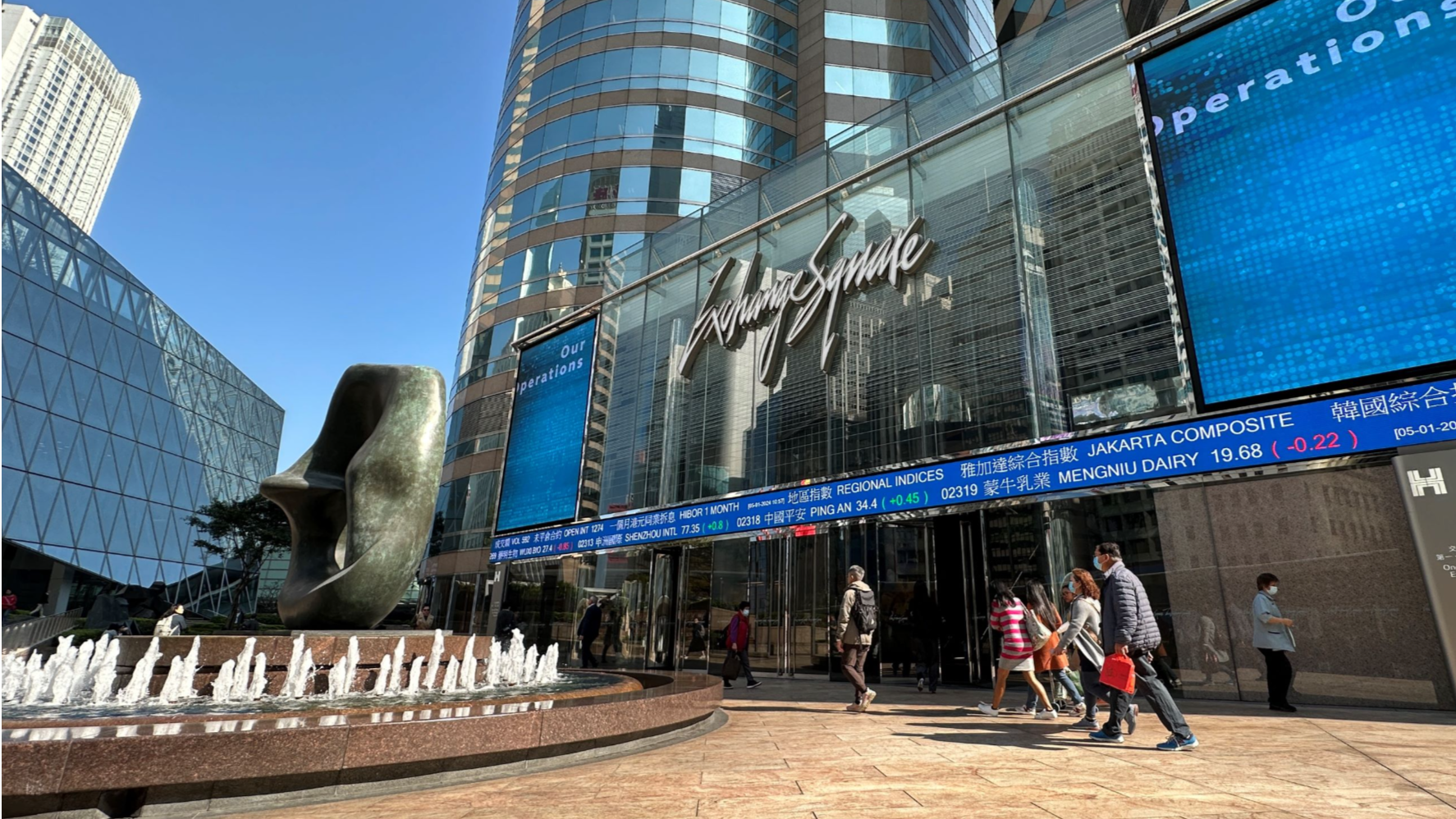
Hong Kong stock buybacks have reached a record high this year, outpacing last year’s total, as listed companies have more cash on hand and hold greater expectations for improved stock prices which are currently undervalued.
According to data from Hang Seng Indexes – the compiler of Hong Kong stocks’ benchmark Hang Seng Index (HSI) – buybacks totaled HK$164.8 billion ($21 billion) as of Friday, exceeding the whole-year figure in 2023 by nearly 30 percent. This surge includes 76 companies that joined the buyback program this year, contributing HK$33.6 billion to the total.
The company believes that listed enterprises typically initiate share buybacks to support the stock price, improve their finance, and enhance returns for shareholders when they believe their stock is undervalued and has the potential for revaluation.
Kenny Ng, a strategist at Everbright Securities, attributes the rising share repurchase to a combination of factors, including improving economic conditions both globally and on the Chinese mainland, which have led to higher corporate profits.
ALSO READ: HK stocks attractive amid geopolitical risks
The recovery also boosted the confidence of currently undervalued enterprises, Ng added, saying that they are waiting for an opportunity for stock revaluation.
Adding to the momentum, the Hong Kong Stock Exchange updated its listing rules in June, allowing companies to hold repurchased shares instead of mandatory cancellation. Kenny Tang, chairman of the Hong Kong Institute of Financial Analysts and Professional Commentators, said he believes this change has also contributed to the surge in buybacks, as it enables companies to hold these shares and potentially sell them at a more favorable time when market valuations improve.
Strong buyback activities have been seen in the information technology, finance, and non-essential consumer goods sectors. Tech giant Tencent, for instance, has spent HK$62.3 billion on share repurchase so far this year, higher than the HK$48.4 billion in 2023, and accounting for almost 40 percent of all the buybacks by Hong Kong-listed firms. In March, the company announced in its annual report that it would allocate at least HK$100 billion to share repurchases for the year.
HSBC, meanwhile, has bought back more than 400 million shares for a total of HK$26.2 billion, making it the largest in terms of the number of repurchased shares.
ALSO READ: Stock indexes seek to attract long-term capital
This suggests that these blue-chip companies have a relatively strong cash flow, said Tang. Tencent saw its net cash flow jump 52 percent year-on-year to about 222 billion yuan ($31 billion) in 2023. Similarly, HSBC reported sound financial performance, with post-tax profit increasing by $8.3 billion to $24.6 billion in 2023.
Overall, 102 companies in the Hang Seng Composite Index that have bought back shares have generated a total return of HK$3.2 billion and a 1.9-percent return rate so far this year.
Tencent’s share price was HK$371.6 on Wednesday, while its average buyback price this year is HK$344.34. The share price of toy manufacturer Pop Mart was HK$46.25 on Wednesday, but its average buyback price is cut by 60 percent at HK$18.24, making it the highest return among the 102 companies.
The HSI closed at 17,391.01 on Wednesday, down 120.07 points, or 0.7 percent, from the previous trading day.
READ MORE: HK to continue stocks, derivatives trading during severe weather
While market expectations for a 25 or 50 basis point interest rate cut by the Federal Reserve in September are seen as a potential boost for Hong Kong stocks, analysts remain cautious.
Although a rate cut could provide some support, “the real driver for the city’s stock market will be the performance of the mainland economy and policy support from the central government”, said Tang.
Ng agreed, saying investors will continue to monitor the sustainability of mainland’s economic recovery.


